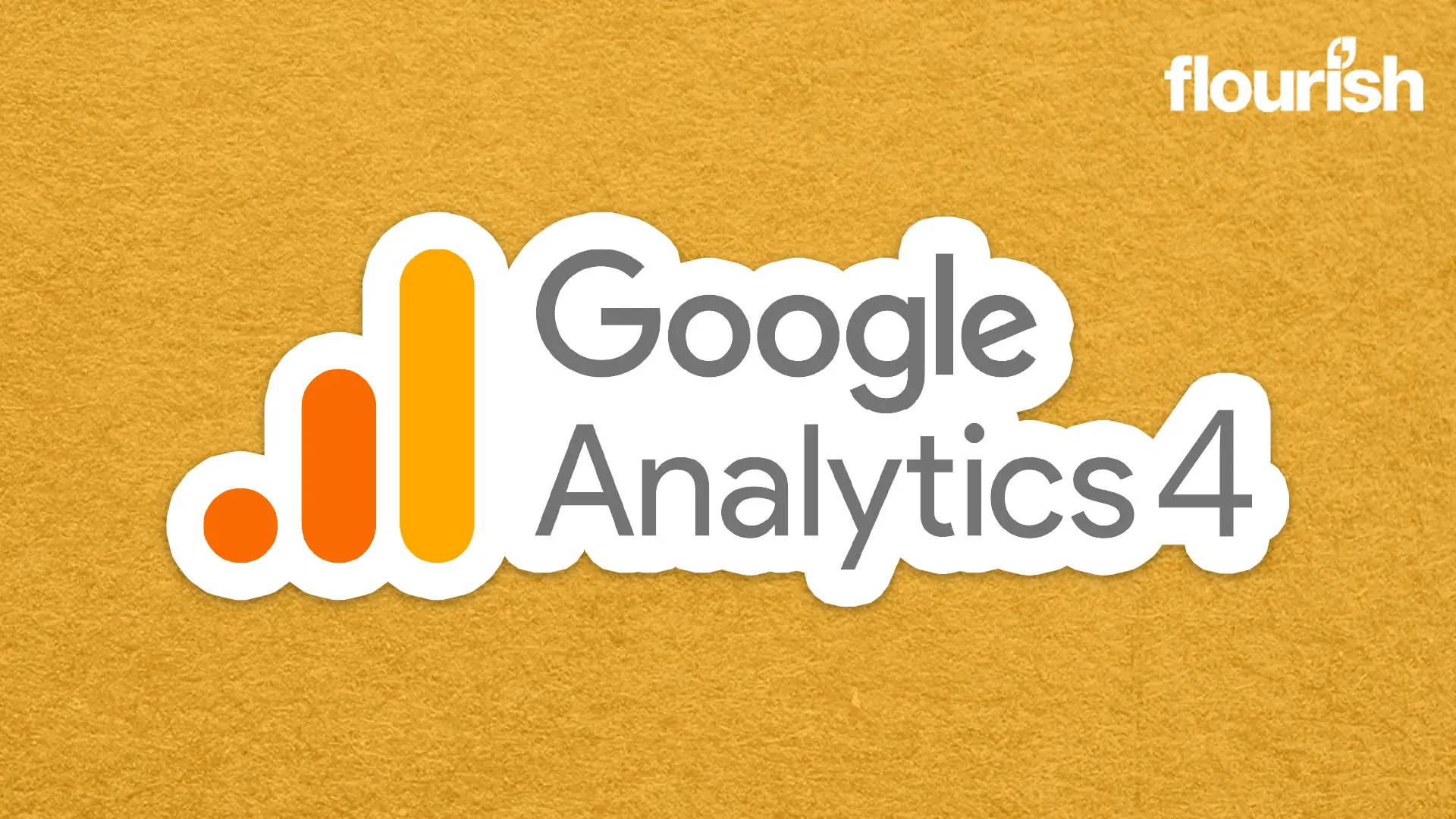GA4: the update your business can’t ignore
The world of digital marketing is constantly evolving, and keeping up with the latest trends and tools can be a daunting task for businesses. One change that is making waves in the industry is the transition from Universal Analytics to Google Analytics 4 (GA4). But what is GA4, and how is it different from the previous system?
What is GA4?
GA4 is the latest version of Google’s analytics platform. It was released in October 2020, and is designed to provide businesses with a more comprehensive view of their customers’ interactions.
It does this by using a more flexible data model that allows businesses to easily track and analyse data from different sources. For the first time, the platform is using machine learning to provide more accurate insights into user behaviour. This allows businesses to make decisions based on the likelihood of users taking specific actions.
But one of the most significant differences between GA4 and Universal Analytics is the data model. Universal Analytics was built around sessions and pageviews, while GA4 is built around events. This means that with GA4, businesses can track specific actions that users take on their website, such as clicks on buttons or form submissions.
Why migrate to GA4?
One of the biggest benefits of GA4 is the ability to track user behaviour across multiple platforms and devices. With more and more users accessing websites and apps from their mobile devices, this data is becoming increasingly important.
This information can give valuable insight into customer personas, which can be used to generate insight on demographics, tech usage, location performance and many others to develop well rounded digital marketing strategies.
Whether or not you feel these new tools will be beneficial for your business, Universal Analytics will be disappearing in July. So, anyone who fails to migrate will lose their customised reporting and be switched over to the default version of GA4.
Alternative options
If you’re seeing the end of Universal Analytics as an opportunity to move away from Google, there are alternative reporting tools to be considered. Some popular alternatives include Adobe Analytics, Mixpanel, and Piwik PRO. Each of these platforms offers unique features and benefits, so it’s worth analysing each one to weigh up which is the best option for you.
Change is good
In conclusion, GA4 represents a significant change in the world of analytics, and businesses that want to stay ahead of the curve should seriously consider making the transition. By leveraging the latest technology and insights, businesses can gain a more comprehensive understanding of their customers, and use this information to make smarter, data-driven decisions.
Need some help?
Flourish can help your organisation make the transition to GA4, and with data-driven marketing. Get in touch with our team to book in a chat.



